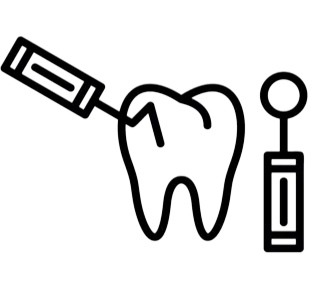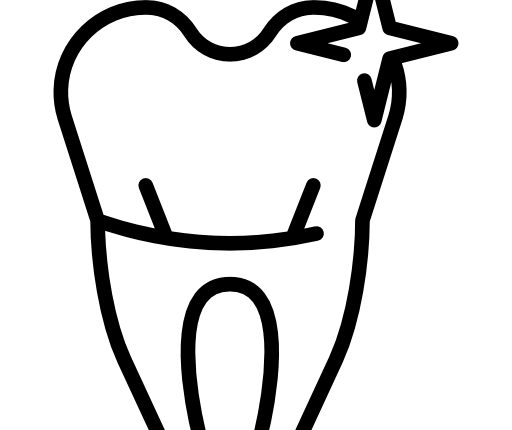Toothpaste is one of the most important
oral care products in Winston-Salem NC. It helps to remove and prevent plaque, tartar, and cavities. It not only helps to remove dental plaque but also freshens your breath.
How Toothpaste Works in Winston-Salem NC
There are two main categories of toothpaste, which include preventive and therapeutic toothpaste. Preventive toothpaste help to protect the enamel of the teeth from plaque buildup. Therapeutic toothpaste contains ingredients that are designed to help treat specific conditions or diseases of the mouth.
For example, if you have sensitive teeth, a therapeutic toothpaste for sensitive teeth may help reduce the discomfort you experience by forming a protective layer over the teeth. This layer protects the nerves in the teeth from exposure to hot or cold foods and beverages. Therapeutic toothpaste also may contain additional ingredients that help to fight oral bacteria that can contribute to the development of gum disease. The American Dental Association encourages the use of fluoride toothpaste because it fights cavities and strengthens tooth enamel over time.
Another type of therapeutic toothpaste is prescription strength. Prescription-strength toothpaste is effective because they contain higher amounts of active ingredients than over-the-counter versions. However, they're also associated with potential side effects, such as red or swollen gums, so it's important to discuss your options with your dentist before using these formulas.
Preventive toothpaste, on the other hand, does not contain any active ingredients that can be used to treat any oral problems. Instead, they clean the teeth and prevent new plaque deposits from forming on the teeth. They also contain mild abrasives that gently polish the surface of the teeth to help reduce stains and debris. Over time, this can help to reduce the appearance of surface stains on the teeth and keep them white and bright. Examples of common ingredients in this type of toothpaste include fluoride, sodium lauryl sulfate, triclosan, and carrageenan.
Fluoride Toothpaste
Many toothpaste brands do not contain fluoride, which means that they cannot prevent tooth decay or stop cavities from forming in your teeth. However, there are several varieties of therapeutic toothpaste that do contain fluoride and can effectively protect your teeth against decay. Besides preventing cavities, these toothpaste also kill harmful bacteria in your mouth that cause bad breath, gum disease, and more.
Fluoride is a mineral that strengthens tooth enamel and helps it resist acids that cause cavities. For this reason, fluoride is extremely valuable in the fight against tooth decay. It also helps to reduce the sensitivity of teeth to hot and cold substances, making it a good option for people with sensitive teeth. Finally, fluoride fights the bacteria that can cause gum inflammation and other oral health problems.
Most over-the-counter toothpaste contain fluoride. In fact, all ADA-approved toothpaste is formulated with fluoride. If you want to choose a toothpaste that contains fluoride, look for the ADA seal on the packaging to ensure that the product is ADA-approved. If you have children, make sure to choose a fluoride toothpaste that does not contain fluoride if you do not want to expose them to too much of this substance. Talk to your dentist if you need more help choosing a toothpaste for your oral health needs.
At our practice, we make our patient's dental our top priority. Visit our clinic to get a thorough examination to determine the best treatment for your condition. 








